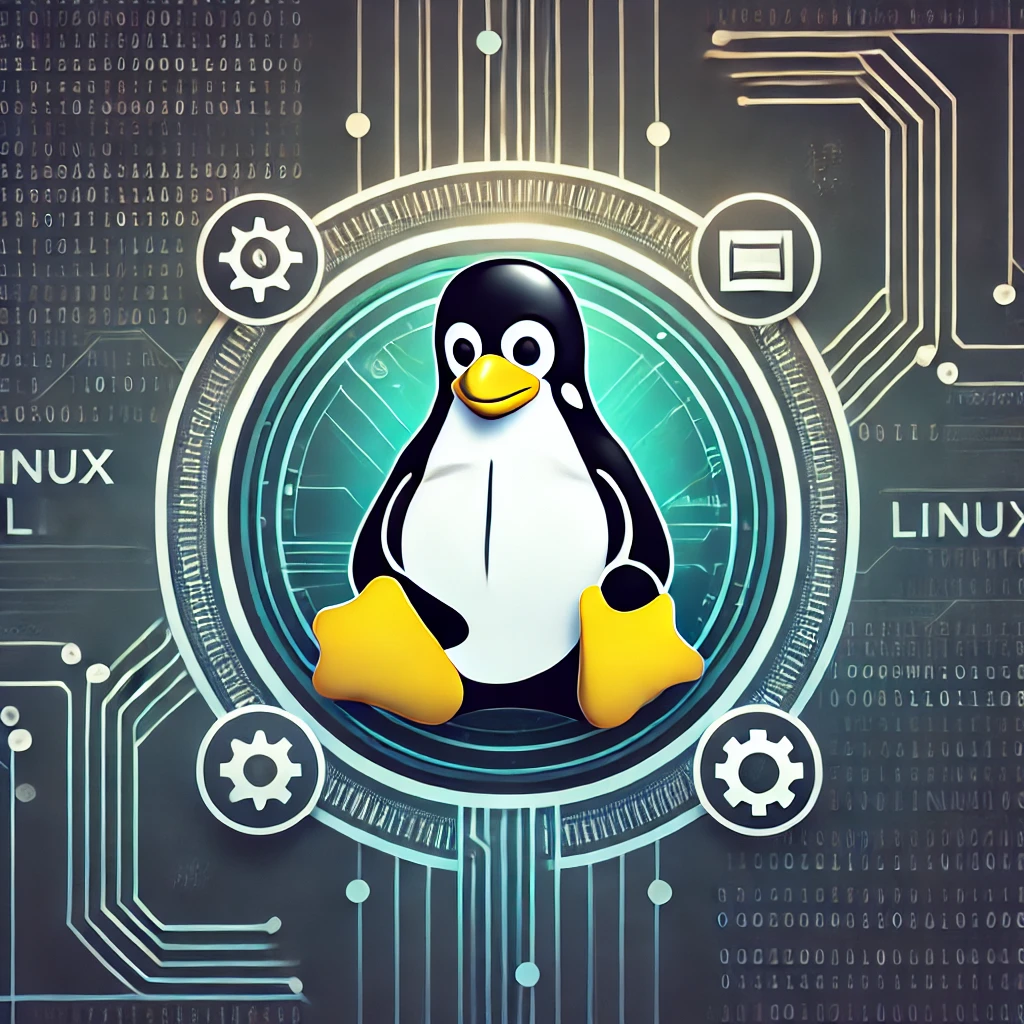Why Linux is essential for Cloud.
 Cerulean Cloud
Cerulean Cloud
As the cloud industry rapidly grows, Linux has emerged as a cornerstone for cloud engineering.
Before we dive deep into why Linux is crucial, let’s look at some numbers
As of 2017, 90% of cloud infrastructure operates on Linux
47% of developers use Linux based OS
Linux powers 85% of smartphones
The world’s top 500 supercomputers run on Linux
96% of the top one million web servers are running on Linux including Twitter and eBay
Today, nearly every major cloud provider—from Amazon Web Services (AWS) to Microsoft Azure and Google Cloud—relies on Linux-based systems to power their infrastructure. The role of Linux in cloud computing has become so fundamental that aspiring cloud engineers are expected to have at least a basic understanding of the operating system to excel in their roles
Linux is the Backbone of the Cloud:
There you go! I said it. Most cloud platforms and services are built on Linux or are heavily reliant on it. Linux’s open-source nature, combined with its stability, scalability, and flexibility, has made it the ideal OS for cloud providers who need to run thousands of instances seamlessly. Due to Linux’s modularity, it can be easily customized to fit specific needs, allowing companies to build, deploy, and scale applications at massive levels.
Furthermore, Linux’s adaptability allows for a variety of distributions to suit different cloud workloads, from lightweight containers to high-performance computing. Distributions like Ubuntu, CentOS, and Red Hat Enterprise Linux have been optimized for cloud environments, each catering to different operational requirements. As cloud providers continue to scale, they need an operating system capable of evolving with their infrastructure, which Linux provides by virtue of its extensive community support and regular updates.
Compatibility with Containers and Microservices:
The shift toward containers and microservices has further entrenched Linux’s role in cloud engineering. Tools like Docker, Kubernetes, and OpenShift—the backbone technologies behind many modern cloud deployments—were built with Linux in mind. While Docker has made it possible to run containers on Windows, Linux remains the preferred environment due to its lightweight footprint, faster performance, and compatibility with the Linux kernel.
In cloud engineering, containers allow teams to create microservices-based architectures, where each component of an application runs independently. This model not only makes deployments faster and more reliable but also enables the flexibility to update and scale specific components without affecting the entire application. As containerization grows in popularity, Linux skills have become essential for managing containerized applications effectively.
Command Line Proficiency and Scripting:
One of the hallmarks of Linux is its command-line interface (CLI), which gives cloud engineers granular control over system resources and network configurations. Unlike graphical interfaces, the CLI allows engineers to perform complex tasks with single-line commands, enabling quicker and more efficient management of cloud resources. For cloud engineers, the ability to navigate and troubleshoot issues via the command line is a critical skill, whether they’re configuring instances, handling security policies, or managing networking rules.
Additionally, shell scripting is often used in cloud environments to automate repetitive tasks like instance provisioning, monitoring, and system updates. Bash and other shell scripting languages allow engineers to create scripts that can automate workflows and enforce consistency across large infrastructures. These scripts can also integrate with infrastructure-as-code (IaC) tools like Terraform and Ansible, enabling seamless deployment and management across environments.
Security and Access Control:
Security is one of the most significant aspects of cloud engineering, and Linux offers a robust framework for secure configurations and access control. Through tools like Secure Shell (SSH), Linux allows cloud engineers to establish secure, encrypted connections to cloud resources, reducing the risk of unauthorized access. Linux-based systems also provide advanced permissions and user management, which are critical in multi-user cloud environments.
Security tools like SELinux (Security-Enhanced Linux) and AppArmor offer fine-grained control over which applications can access system resources, a capability that is essential for securing cloud-based applications. Moreover, Linux distributions regularly undergo security audits, and the open-source nature of Linux ensures that vulnerabilities are quickly identified and addressed by a global community of developers. As a result, cloud engineers working with Linux can build systems that are not only high-performing but also secure and compliant with industry standards.
Cost-Effectiveness and Open-Source Flexibility:
Linux is open-source and free to use, which makes it a cost-effective choice for cloud providers who operate on large scales. Cloud engineering, particularly in enterprise settings, requires reducing operational costs while maintaining high performance and reliability. Linux’s zero-cost licensing model allows cloud providers and enterprises to avoid hefty licensing fees, enabling them to allocate resources toward other strategic initiatives.
The open-source nature of Linux means that engineers have access to a wealth of community-developed tools, support, and knowledge bases. With this flexibility, cloud engineers can customize and optimize their systems without being locked into a vendor’s proprietary ecosystem. This level of adaptability is crucial as cloud requirements continue to evolve, allowing organizations to remain agile and responsive to market demands.
In a cloud-dominated world, Linux remains indispensable. Its stability, flexibility, and open-source nature make it the preferred operating system for cloud providers and engineers. From containers and microservices to security and cost-efficiency, Linux has proven itself as the backbone of modern cloud computing.
As cloud engineering continues to evolve, Linux knowledge will remain essential for those looking to excel in this field. Whether you're a seasoned engineer or new to the cloud, investing in Linux skills is a step towards becoming a more proficient and effective cloud engineer.
Subscribe to my newsletter
Read articles from Cerulean Cloud directly inside your inbox. Subscribe to the newsletter, and don't miss out.
Written by

Cerulean Cloud
Cerulean Cloud
Cloud | AWS | DevOps | AI 📍 Toronto 🇨🇦 🚀 Cloud Architect @ AWS 👨🏽🏫 Professor